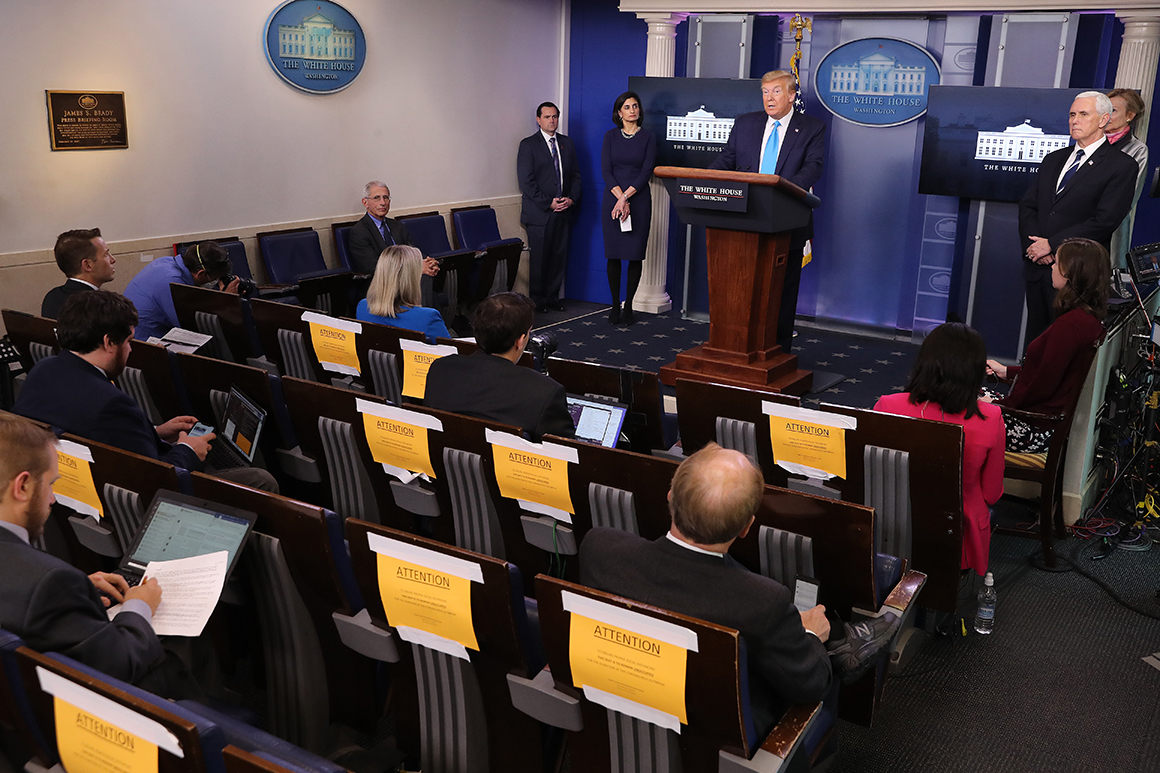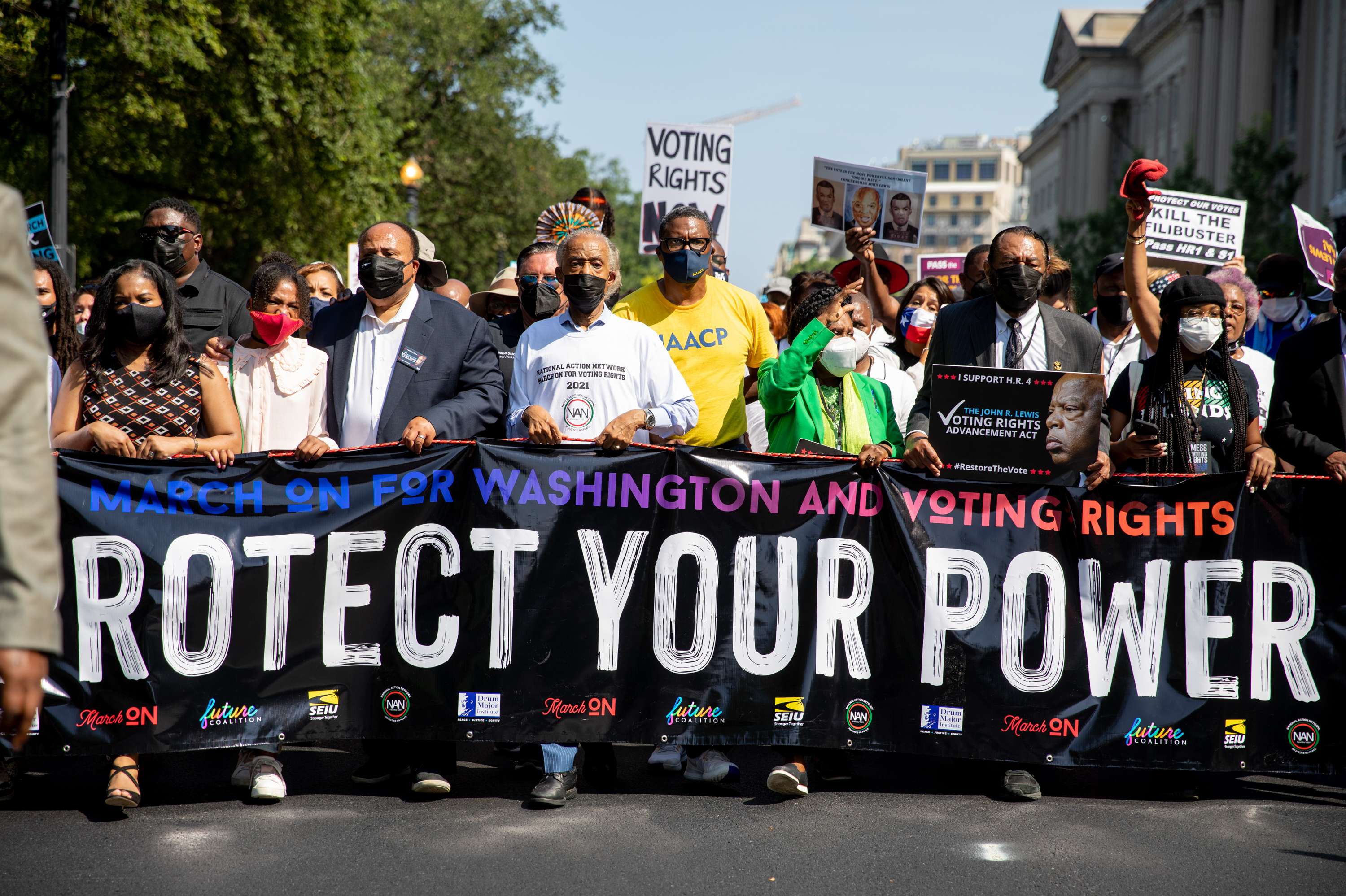On Friday, President Donald Trump stood before the nation, confidently dubbing his latest sweeping policy bill "the most popular bill ever signed in our country’s history." This statement stands in direct contradiction to overwhelming public sentiment, as evidenced by a staggering -23 net approval rating. With only 31% of Americans supporting the legislation and 54% opposing it, this bill is shaping up to be one of the most unpopular laws in recent U.S. history.
Public Discontent Revealed in Polling Data
Multiple surveys conducted in June paint a clear picture of public disapproval. A Fox News poll found that 59% of registered voters were against the bill, while only 38% supported it. A Quinnipiac University poll mirrored these findings with 55% opposition and just 29% support. Even a Pew Research Center survey revealed 49% disapproval among adults, indicating a significant disconnect between the Trump administration"s narrative and the feelings of American voters.
Expert Analysis Highlights Unpopularity
Political science expert Chris Warshaw from George Washington University has analyzed the data and concluded that this bill is even less favored than any major legislation passed since 1990. His findings underscore a profound public discontent that the administration seems unwilling or unable to acknowledge. The bill’s poor reception is not just a statistical anomaly; it is a reflection of deep-seated frustrations among Americans regarding governance and representation.

White House to require coronavirus tests for journalists ...
Misleading Claims About Tax Benefits for Seniors
During the signing event, Trump made other dubious claims, particularly regarding the tax implications of the new law for senior citizens. He asserted that the legislation would eliminate Social Security taxes for seniors, a statement that is fundamentally misleading. In reality, the law introduces a temporary tax deduction of $6,000 for individuals aged 65 and older, applicable only for the years 2025 through 2028. While the administration claims that this measure will lead to 88% of older adults paying no tax on their Social Security benefits, it still leaves 12% of seniors, along with some younger beneficiaries, subject to taxation. This nuanced reality highlights the dangers of oversimplifying complex policies to appeal to specific voter demographics.
Immigration Claims Lack Credibility
In addition to tax misinformation, Trump reiterated a baseless claim that President Joe Biden allowed 21 million migrants into the country. This figure is unsupported by official data, which shows that encounters with migrants during Biden"s term totaled fewer than 11 million, as reported by various sources. Even when factoring in “gotaways,” the number remains far below the figure Trump cited. Such egregious misrepresentations not only erode trust in government but also stoke xenophobia and immigrant scapegoating, undermining the civil rights of vulnerable populations.

Thousands March In D.C. For Voting Rights : NPR
Implications for Future Policy Making
The disconnect between the Trump administration’s proclamations and the reality reflected in public opinion raises critical questions about the future of policymaking in the U.S. If such a deeply unpopular bill can be championed without acknowledging the voices of the constituents it affects, what does this portend for democratic governance? The persistent gap between political rhetoric and the lived experiences of ordinary Americans may signal a growing demand for accountability and a reevaluation of what policy means in a just society.
As we witness these developments, it is essential for the media and civil society to scrutinize government claims rigorously. The responsibility to uphold democratic values does not rest solely with elected officials but with every citizen who believes in the principles of equity, justice, and truth.



![[Video] Gunfire between Iraqi security forces and Sadr militias in Baghdad](/_next/image?url=%2Fapi%2Fimage%2Fthumbnails%2Fthumbnail-1768343508874-4redb-thumbnail.jpg&w=3840&q=75)
